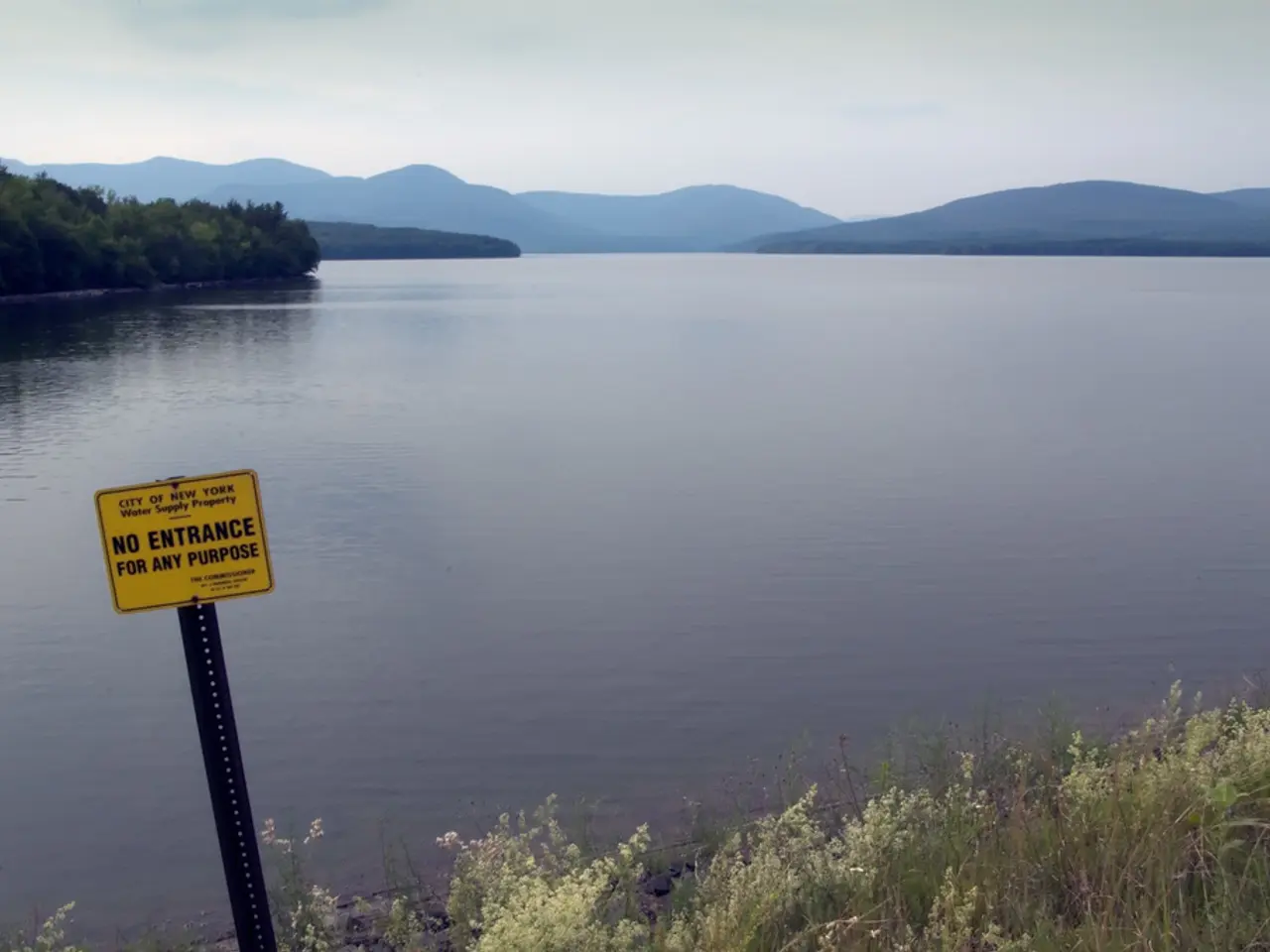The impending fate of countries that submerge due to loss of land and their corresponding legal standing.
The International Court of Justice (ICJ) has issued an advisory opinion on the obligations of states in respect of climate change, shedding light on the future statehood of small island nations like Tuvalu, Kiribati, the Maldives, and the Marshall Islands.
The ICJ addressed the future statehood of these vulnerable nations in the context of climate change, acknowledging that climate change could threaten the existence of small islands and low-lying coastal states. The court stopped short of explicitly confirming that the flexibility of the term "statehood" could be stretched so far as to mean a state could exist even if completely submerged under the seas.
However, some of the court's judges interpreted this sentence as extending the flexibility previously applied in other contexts to the situation of sinking island nations. The ICJ concluded that the disappearance of one element of a state would not necessarily entail the loss of its statehood, citing examples of failed states such as Somalia or Yemen, which are still regarded as states despite lacking an effective government.
The ICJ's decision points to flexibility, but it avoids the definitive statement that many vulnerable nations had hoped for. The legal future of sinking islands remains uncertain after the ICJ's decision.
Tuvalu, one of the most vulnerable nations, has taken proactive measures to secure its future. The country has signed a treaty with Australia to ensure it will be recognized as a state, regardless of the impact climate change has on the islands. Tuvalu has also begun digitising itself, moving its government services online and recreating its land and archiving its culture virtually, with the aim of becoming the world's first digital nation.
Australia has committed to accepting Tuvaluan citizens who seek to emigrate and start their lives afresh on safer ground. The loss of statehood could strip these nations of control over valuable natural resources and cost them their place in international organizations such as the UN.
Rising seas, stronger storms, freshwater shortages, and damaged infrastructure threaten the ability of these small island nations to support life. The future status of these small island nations as "states" matters immensely, as their populations could lose their homes, sources of income, way of life, identity, culture, heritage, and communities.
The ICJ's decision, while not definitive, is a step towards recognizing the challenges posed by climate change to small island nations. The international community must continue to work towards finding solutions to ensure the survival and continued statehood of these vulnerable nations.
Read also:
- Understanding Hemorrhagic Gastroenteritis: Key Facts
- Stopping Osteoporosis Treatment: Timeline Considerations
- Tobacco industry's suggested changes on a legislative modification are disregarded by health journalists
- Expanded Community Health Involvement by CK Birla Hospitals, Jaipur, Maintained Through Consistent Outreach Programs Across Rajasthan








